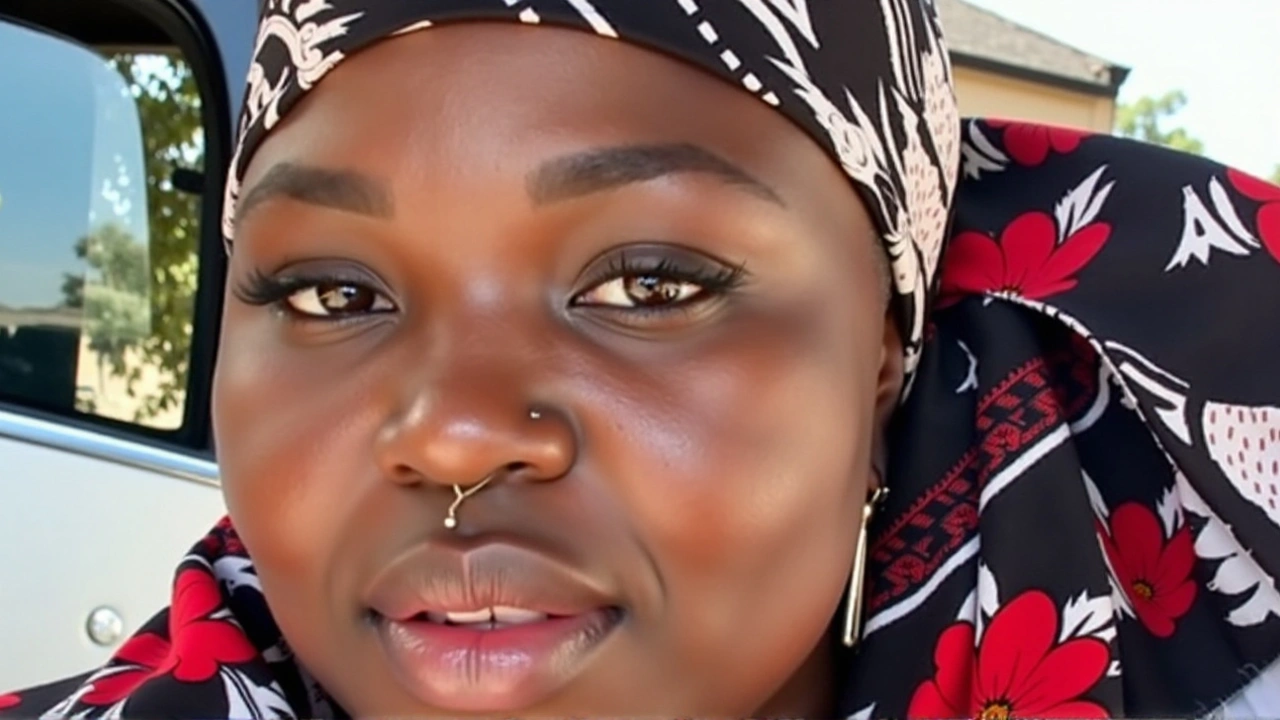Sangoma: what they do and how to work with one
Sangomas are traditional healers and diviners found across Southern Africa. They act as a bridge between people and their ancestors, diagnose spiritual or social causes of problems, and use rituals, divination and herbs to help. If you’re thinking of visiting a sangoma, here’s a clear, practical guide on what they do, how they train, and how to find one you can trust.
What a sangoma does and how they work
Sangomas practice ukungoma or ukuthwasa—an initiation and calling process where an individual accepts a spirit who guides them. After training with an experienced healer, a sangoma learns to read signs, use medicinal plants, and perform rituals. One common method is bone-throwing: the sangoma casts bones, stones or shells and reads the pattern to see where the problem lies and what kind of action is needed.
Services are practical and varied. People visit sangomas for illness that doesn’t respond to clinic treatment, family conflicts, job or court problems, and guidance on relationship or spiritual matters. Some sangomas focus more on divination and ancestral contact; others combine divination with herbal remedies and cleansing rituals.
How to find and work with a reputable sangoma
Ask for personal referrals first. Speak to community members, elders, or trusted friends who have direct experience. A good sangoma will explain their process, estimate costs up front, and respect your boundaries. Expect an initial consultation where the sangoma asks detailed personal questions, sometimes touches your pulse, and may perform a short divination to decide if and how they can help.
Bring practical items: identification, enough cash or agreed goods for payment, and any items you were told to bring (e.g., a white cloth or candles). Be honest about medical conditions and medications. If the sangoma suggests stopping prescribed medicine, pause and consult your clinic doctor first. Traditional healing and biomedical care can work alongside each other when managed openly.
Payments vary: some sangomas charge modest fees, others ask for livestock or bigger offerings for complex rituals. Get a clear agreement on cost before ceremonies begin. Also ask how long the treatment plan is likely to last and whether follow-up visits are expected.
Safety tips: never go alone for a highly emotional or dangerous ritual; avoid sangomas who pressure you into extreme acts or secrecy; walk away from anyone who demands large sums immediately or threatens you. If a healer’s practice seems to risk legal or physical harm, contact local authorities or community leaders.
Respect matters. Sangomas work within cultural and spiritual systems. Approach with openness, but stay practical—ask questions, get referrals, and keep your medical provider informed. That way you can use traditional wisdom safely alongside modern care.
If you want more specific advice—like what to ask during that first meeting or how to combine herbal care with clinic treatment—I can list sample questions and a short checklist to bring to your appointment.
- January 20, 2025
- Comments 11
- News

